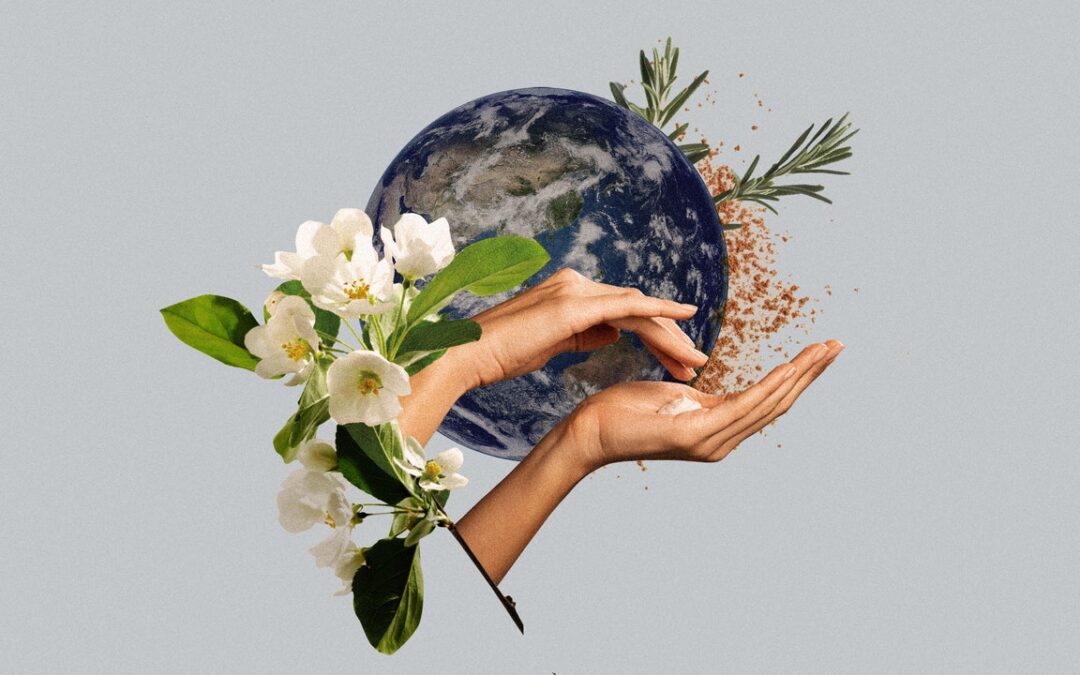To be vain is to lay waste. I should know — I am an expert at doing both. Every morning, I cause a small apocalypse. First, I awaken. Then the horrors begin.
I apply a face serum that plumps my skin. It’s made with extracts from rare botanicals that are, I imagine, uprooted from somewhere where the sky was once blue only to be distilled en masse into a concentrate composed of molecules that have shown, in some clinical trials, to plump my skin. Then comes a concealer that may or may not receive its glide from microscopic plastic particles. And then sunscreen, of course, every day!
One of the last steps in my routine is facilitated directly by petrochemicals, and involves the insertion of two daily-use ocular prosthetic devices, each wrapped in its own little plastic boat. While I own and operate a pair of eyeglasses, I prefer to wear contacts for no reason other than my preference for doing so.
That this preference requires a daily output of two little plastic tokens flung into the trash, and then into the great and magnificent sea, where they will probably live until the end of time, degrading at a glacial pace, leaving their microparticles everywhere, is horrifying to think about, which is why I try not to; I devote the time to watching various The Real Housewives franchises instead. But on a logical level, I understand what I am doing, which is putting my footprint in Mother Nature’s face. The feeling sits prickly in the back of my head at all times. I have no excuses. I love moisturizer. I love the planet more. But I love myself the most.
The beauty industry takes a lot from the planet, and turns it into eventual garbage. The most popular skin-care product in the world is a fossil fuel byproduct. The most popular form of packaging material is the biggest ocean pollutant, and there are no laws, stigmas, or financial barriers to acquire either, or to throw them out. Consumers of beauty do far less damage to the environment than consumers of private boats and jets, and far, far less than fossil fuel companies. Still: It’s been estimated that the world produces about 120 billion units of plastic packaging, the vast majority of which is never recycled. (In 2021, Allure vowed to stop using the term recyclable anywhere near plastic packaging since — no matter which bin you use for disposal — it rarely is.) Seventy percent of global carbon emissions are directly linked to material handling and use, according to a 2022 report, and that includes the minerals, biomass, and fossil fuels we use to make lip balms and body washes.

